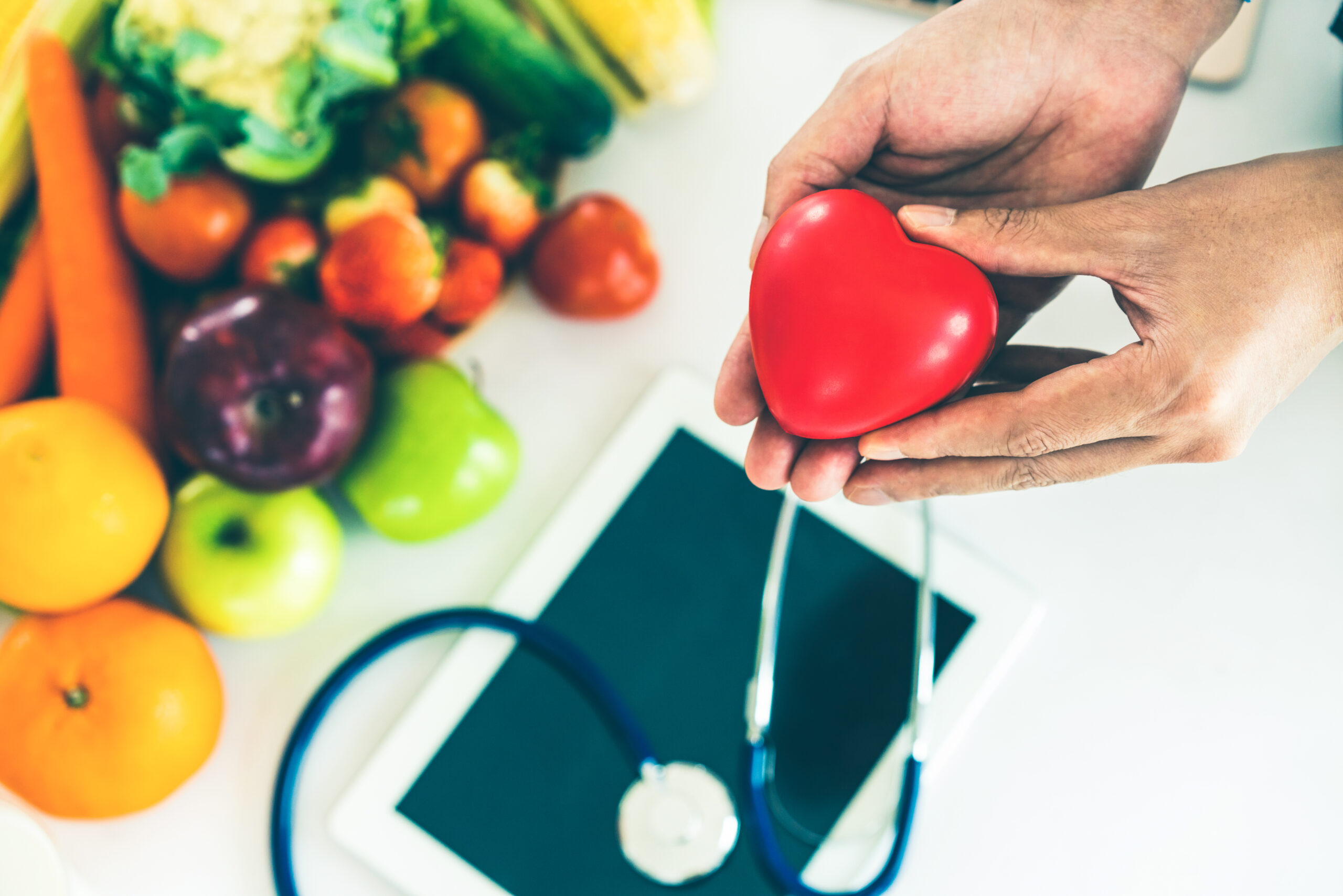By Madeleine Kates
The idea that diet can affect, and reverse illness was the topic of Buffalo Niagara Medical Center’s (BNMC) First Annual Food as Medicine Symposium hosted virtually last month. This year’s theme, Harvesting Health 2021, was a call to action that brought together medical professionals and students, farmers and distributors, and all those who are interested in learning more about preserving and improving their health with nutritious foods.
A variety of panelists shared their own take on the importance of implementing nutrition into the treatment of critically and chronically ill patients. Each panelist had a unique perspective on the topic, relative to their chosen fields, and personal examples where medicine is failing the public with the lack of nutrition education in medical and professional schools.
Professor Michael S. Fenster, MD “Chef Dr. Mike,” from the University of Montana’s Culinary Medicine Program, shared a story about a young patient in the hospital recovering from a heart attack. Visiting her, Chef Dr. Mike, who is a chef and an interventional cardiologist, was appalled to see her hospital lunch included a deli turkey sandwich with processed cheese, and a side of green gelatin. It is time to rethink medical care, starting not only from the interventional medical side, but the simple and most basic area of looking at what we eat, and how it affects our health. Even in a hospital, a chance was lost to inform and educate this young patient that the easiest way to prevent a future heart attack is to start with proper nutrition.
But this idea needs further action, as described by Chef Dr. Mike, about how one cannot expect patients to know how to get started: “You can’t just give somebody a box of carrots and send them home.” The next step is getting care providers, students, dieticians and nutritionists, meal-prep services, and public policy involved to take over the next phase of nutritional education and implementation.
It cannot be assumed that those with severe illnesses have the ability or access to create a home-cooked meal with healthy ingredients. Presenters discussed resources for those in need, and their families, where they can receive these meals if they are unable to cook or are surrounded by a food desert, where there is limited access to fresh produce instead of ultra-processed food.
This is of such great importance that there is pending legislation being created because of the potential impact it could have for patients, communities, hospital systems, and health insurers in reducing the costs and burdens of chronic illness and preventable diseases. It will take everyone getting involved to bridge gaps of nutrition in the medical system, and there is agreement that all fields play an integral role, including chefs and others thought to be outside the health care field.
The future of medicine should involve going back to basics, taking into consideration lifestyle medicine and nutrition-based approaches to healing in the community. To enjoy BNMC’s 2021 presentation for yourself visit at https://bnmc.org/bnmc-1st-annual-food-as-medicine-symposium.
Madeleine Kates is a Senior at Niagara University Majoring in Life Science, Psychology, and Environmental Science.











